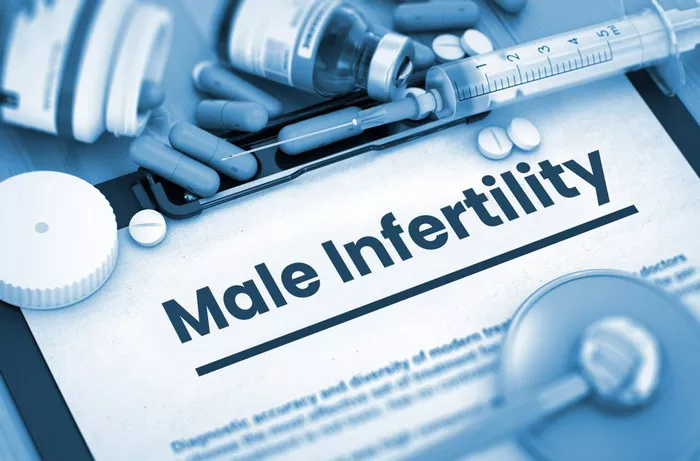Infertility is a complex and emotionally challenging issue that affects millions of couples worldwide. While it’s often assumed to be solely a female concern, male infertility is equally significant and can contribute to difficulties in conceiving. In this article, we’ll explore the various factors that can lead to infertility in men, shedding light on this often overlooked aspect of reproductive health.
Hormonal Imbalances: The Symphony of Fertility
Hormones play a crucial role in regulating reproductive function, acting as the conductors of the intricate symphony of fertility. Any disruption to this delicate hormonal balance can have profound effects on sperm production and quality. Conditions such as hypogonadism, where the testes produce insufficient testosterone, can impair sperm production and fertility. Similarly, abnormalities in other hormones, such as follicle-stimulating hormone (FSH) and luteinizing hormone (LH), can disrupt the process of spermatogenesis, leading to infertility.
Genetic Factors: Unraveling the Genetic Blueprint
Genetic abnormalities can also contribute to male infertility. Conditions such as Klinefelter syndrome, where men are born with an extra X chromosome, or Y chromosome deletions, can affect sperm production and quality. These genetic anomalies may interfere with critical genes involved in spermatogenesis, leading to infertility issues.
Varicocele: The Tangled Veins
Varicocele is a common yet often overlooked cause of male infertility. This condition involves the enlargement of veins within the scrotum, which can disrupt blood flow and raise the temperature in the testes. This, in turn, can impair sperm production and quality, making it more challenging to conceive.
Reproductive Tract Obstructions: Roadblocks to Fertility
Obstructions within the male reproductive tract can obstruct the flow of sperm, leading to infertility. Conditions such as epididymal or ejaculatory duct obstruction can prevent sperm from being properly transported, hindering fertility. These obstructions may be caused by infections, injuries, or congenital abnormalities.
Lifestyle and Environmental Factors: Navigating Modern Challenges
Modern lifestyles and environmental factors can also impact male fertility. Factors such as smoking, excessive alcohol consumption, drug use, and exposure to environmental toxins can all affect sperm production and function. Additionally, obesity, stress, and poor dietary habits can contribute to hormonal imbalances and reproductive dysfunction, further complicating fertility issues.
Sexual Dysfunction: Intimate Challenges
Sexual dysfunction, including erectile dysfunction and ejaculatory disorders, can also play a role in male infertility. Difficulties in achieving or maintaining an erection, as well as problems with ejaculation, can hinder the delivery of sperm to the female reproductive tract, reducing the chances of conception.
Seeking Solutions: Navigating the Path Forward
Fortunately, there are treatments available for male infertility, depending on the underlying cause. Treatment options may include hormone therapy, surgical interventions to correct obstructions or varicoceles, lifestyle modifications, or assisted reproductive technologies such as in vitro fertilization (IVF) or intracytoplasmic sperm injection (ICSI). Seeking guidance from healthcare professionals and fertility specialists can provide valuable support and guidance throughout the journey to parenthood.
Conclusion:
In conclusion, male infertility can arise from a variety of factors, including hormonal imbalances, genetic abnormalities, varicoceles, reproductive tract obstructions, lifestyle and environmental influences, and sexual dysfunction. Understanding these factors is crucial in addressing male infertility and seeking appropriate treatments. By shedding light on the causes of male infertility, we can empower individuals and couples to navigate their fertility journey with confidence and hope for a successful outcome.






















